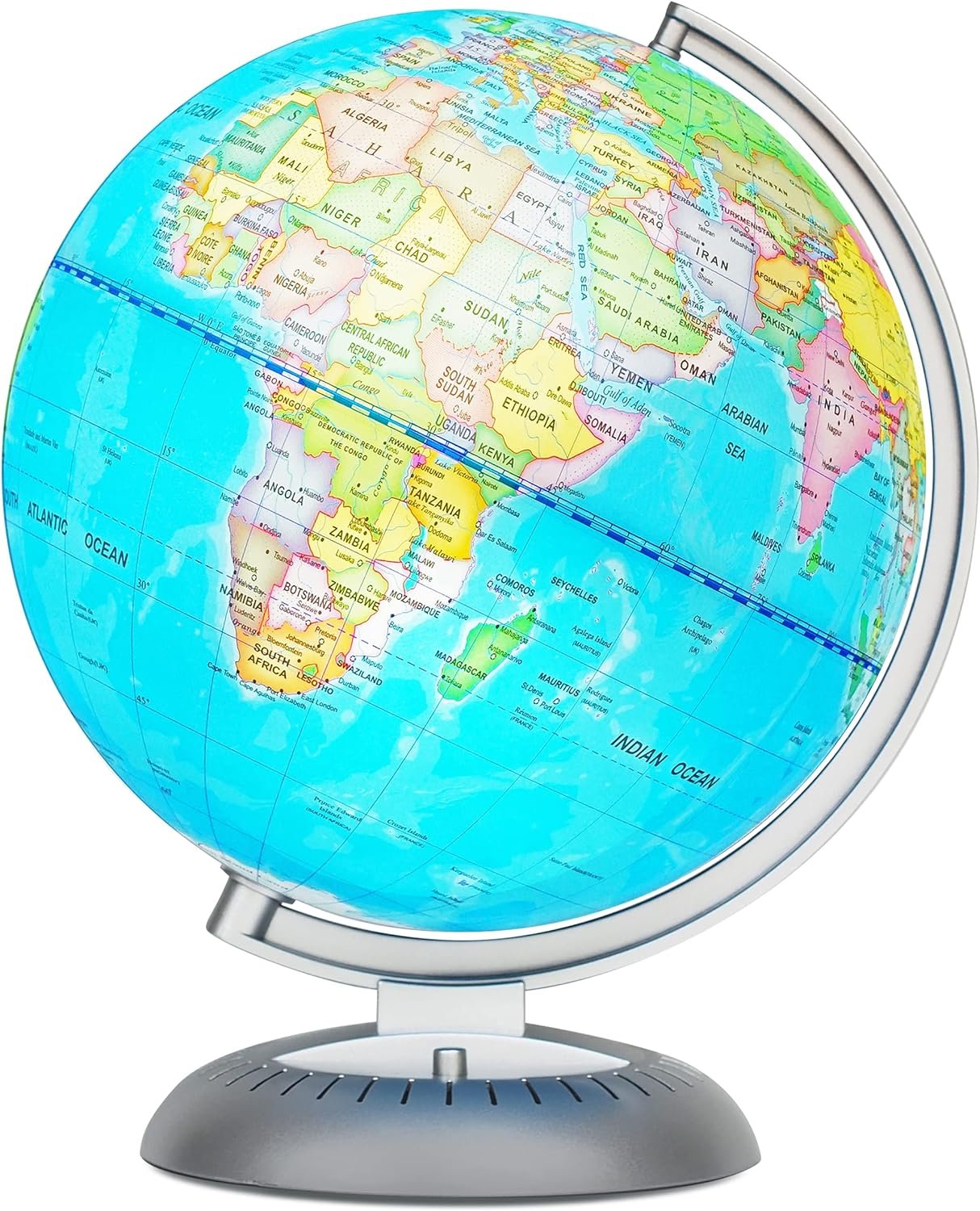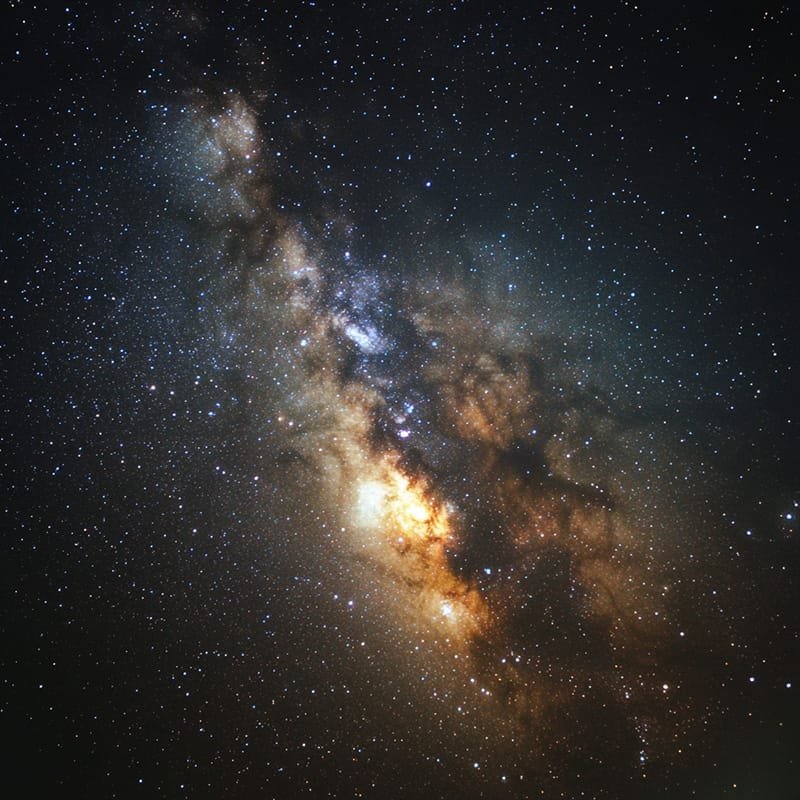Parallel universes, also known as alternate universes or multiverses, have long been a topic of fascination and speculation. The concept of parallel universes suggests that there may be multiple versions of our universe, each with its own set of physical laws and conditions. Understanding the concept of parallel universes is important because it challenges our understanding of the universe and opens up new possibilities for scientific exploration and discovery.
Key Takeaways
- Parallel universes are theoretical concepts that suggest the existence of multiple universes.
- The possibility of parallel universes existing simultaneously is supported by theoretical physics.
- It is unclear whether parallel universes can collide, but some theories suggest that they can.
- A collision between parallel universes could have significant implications for our understanding of the universe.
- The potential impact of parallel universe collisions on human history is unknown but could be significant.
Understanding the concept of parallel universes
Parallel universes refer to the idea that there are other universes existing simultaneously alongside our own. These universes may have different physical laws, constants, and conditions, leading to a wide range of possibilities and outcomes. There are different types of parallel universes, including the bubble universe theory, the many-worlds interpretation of quantum mechanics, and the brane cosmology theory.
The theoretical basis for the concept of parallel universes comes from various branches of physics, including quantum mechanics, string theory, and cosmology. Quantum mechanics suggests that particles can exist in multiple states simultaneously until they are observed, leading to the possibility of multiple outcomes or realities. String theory proposes that there are multiple dimensions beyond the three spatial dimensions we are familiar with, which could potentially house parallel universes.
The possibility of multiple universes existing simultaneously
While the existence of parallel universes is still a topic of debate among scientists, there is evidence supporting their existence. The cosmic microwave background radiation, leftover radiation from the Big Bang, has been found to have anomalies that could be explained by the presence of other universes. Additionally, some theoretical models, such as inflationary cosmology and eternal inflation, predict the existence of parallel universes.
Scientific experiments have also been conducted to explore the concept of parallel universes. For example, the Large Hadron Collider (LHC) at CERN has been used to search for evidence of extra dimensions and parallel universes. Although no direct evidence has been found yet, these experiments provide valuable insights into the nature of our universe and the possibility of parallel universes.
Theoretical physics and the concept of parallel universes
The field of theoretical physics plays a crucial role in understanding parallel universes. String theory, a branch of theoretical physics, suggests that the fundamental building blocks of the universe are not particles but tiny vibrating strings. These strings can exist in multiple dimensions, giving rise to the possibility of parallel universes.
The concept of parallel universes is closely related to the multiverse theory, which suggests that there are multiple universes or regions of space-time that exist independently. These universes may have different physical laws and constants, leading to a wide range of possibilities. The multiverse theory has profound implications for our understanding of the laws of physics and the nature of reality.
Can parallel universes collide?
The idea of parallel universes colliding is a fascinating concept that has been explored in theoretical physics. While it is difficult to say for certain whether parallel universes can collide, there are theoretical possibilities that suggest it could happen. Factors such as gravitational interactions and the structure of space-time could potentially lead to collisions between parallel universes.
Gravity plays a crucial role in the dynamics of parallel universe collisions. The gravitational force between two parallel universes could cause them to attract or repel each other, depending on their relative masses and distances. If the gravitational force is strong enough, it could lead to a collision between the two universes.
The implications of a collision between parallel universes

A collision between parallel universes would have profound implications for our understanding of the laws of physics and the structure of the universe. It could potentially lead to new discoveries and scientific breakthroughs that challenge our current theories and models.
One potential consequence of a collision between parallel universes is the creation of new physical laws and constants. If the collision disrupts the existing laws of physics, it could lead to the emergence of new laws that govern the behavior of matter and energy. This could open up new possibilities for technological advancements and scientific progress.
The impact on the structure of the universe would also be significant. A collision between parallel universes could cause a disruption in the fabric of space-time, leading to the formation of new structures and configurations. This could result in the creation of new galaxies, stars, and even entire universes.
Theories on what would happen if parallel universes collided
There are different theories on what would happen if parallel universes were to collide. One possibility is that the collision would result in the destruction or merging of the two universes, leading to a single unified universe with different physical properties. Another theory suggests that the collision could create a new universe or set of universes, each with its own unique characteristics.
The aftermath of a collision between parallel universes would depend on various factors, such as the relative masses and energies of the universes involved, as well as the nature of their interactions. It is difficult to predict with certainty what would happen, but theoretical models and simulations can provide insights into possible scenarios.
The role of quantum mechanics in parallel universe collisions
Quantum mechanics, a branch of physics that deals with the behavior of particles at the atomic and subatomic level, has a close connection to parallel universes. The concept of superposition, which states that particles can exist in multiple states simultaneously until they are observed, is a fundamental principle of quantum mechanics.
In the context of parallel universe collisions, quantum mechanics could potentially explain how particles from different universes interact and behave. The wave-particle duality of quantum mechanics suggests that particles can exist as both waves and particles, allowing for the possibility of interactions between parallel universes at a quantum level.
The implications for our understanding of quantum mechanics would be significant if parallel universe collisions were to occur. It could provide new insights into the nature of quantum phenomena and the fundamental principles that govern the behavior of particles.
The search for evidence of parallel universes colliding
Scientists are actively conducting experiments and observations to search for evidence of parallel universe collisions. These experiments involve studying the cosmic microwave background radiation, conducting particle physics experiments, and analyzing data from astronomical observations.
The potential for future discoveries and breakthroughs in this field is immense. As technology advances and our understanding of the universe deepens, we may be able to detect the signatures of parallel universe collisions and gather more evidence to support their existence.
However, detecting parallel universe collisions is a challenging task. The effects of such collisions may be subtle and difficult to observe directly. It requires sophisticated instruments and techniques to detect the signals associated with parallel universe collisions.
The impact of parallel universe collisions on our understanding of the universe
If parallel universe collisions were to be confirmed, it would have a profound impact on our understanding of the universe. It would challenge our current theories and models, forcing us to revise and expand our understanding of the laws of physics.
A paradigm shift in our understanding of the universe would be necessary to accommodate the existence of parallel universes and their potential for collisions. This could lead to new theories and models that better explain the nature of reality and the fundamental principles that govern it.
The potential for new discoveries and scientific breakthroughs is also significant. Parallel universe collisions could provide insights into the nature of dark matter and dark energy, which are still poorly understood. It could also shed light on the origins of the universe and the fundamental forces that shape its evolution.
The potential for parallel universe collisions to change the course of human history
The impact of parallel universe collisions on human history would be far-reaching. It could revolutionize technology, leading to new inventions and innovations that were previously unimaginable. The discovery of new physical laws and constants could open up new possibilities for technological advancements and scientific progress.
However, there are also ethical implications to consider. The potential consequences of parallel universe collisions, such as the destruction or merging of universes, could have devastating effects on life as we know it. It is important to approach this field of research with caution and consider the potential risks and benefits.
In conclusion, the concept of parallel universes is a fascinating and complex topic that challenges our understanding of the universe. While the existence of parallel universes is still a topic of debate among scientists, there is evidence supporting their existence and theoretical models that predict their presence.
Understanding parallel universes and the possibility of collisions between them has profound implications for our understanding of the laws of physics, the structure of the universe, and the course of human history. Continued research and exploration in this field are crucial to uncovering new discoveries and breakthroughs that could revolutionize our understanding of the universe.
Can two parallel universes collide? This fascinating question has captivated the minds of scientists and enthusiasts alike. While the concept of parallel universes remains largely theoretical, recent research has shed light on the possibility of their existence. In a thought-provoking article by The Universe Episodes, titled “The Multiverse Theory: Exploring the Boundaries of Reality,” the author delves into the intriguing idea of parallel universes and their potential collision. This thought-provoking piece offers a deep dive into the scientific theories surrounding parallel universes and provides an engaging exploration of this mind-bending concept. To read more about this captivating topic, visit The Universe Episodes.
FAQs
What is a parallel universe?
A parallel universe is a hypothetical universe that exists alongside our own, with its own set of physical laws and properties.
Can two parallel universes collide?
There is currently no scientific evidence to suggest that two parallel universes can collide. The concept of parallel universes is purely theoretical and has not been proven.
What is the theory behind parallel universes?
The theory of parallel universes suggests that there may be an infinite number of universes, each with its own set of physical laws and properties. These universes may exist alongside our own, but we are unable to observe them directly.
How do scientists study parallel universes?
Scientists study parallel universes through theoretical physics and mathematical models. They use complex equations and simulations to explore the possibility of parallel universes and their properties.
What are the implications of parallel universes?
The concept of parallel universes has implications for our understanding of the universe and our place in it. It raises questions about the nature of reality and the possibility of other forms of life existing in other universes. However, these implications are purely theoretical and have not been proven.
–
My Thoughts on the Article
I find the article “The Multiverse Theory: Exploring the Boundaries of Reality” by The Universe Episodes to be captivating and thought-provoking. It delves into the intriguing concept of parallel universes and their potential collision, offering a deep exploration of scientific theories surrounding this fascinating topic.
Benefits of Reading the Article
Reading this article provides an engaging insight into parallel universes, challenging our understanding of the universe and opening up new possibilities for scientific exploration. It offers a fascinating exploration of theoretical physics, the multiverse theory, and the potential implications of parallel universe collisions.
Main Message of the Article
The main message of the article is to explore the concept of parallel universes, discuss the theoretical basis for their existence, and contemplate the potential impact of parallel universe collisions. It encourages readers to consider the profound implications of such collisions on our understanding of the universe, laws of physics, and even human history.
–
























